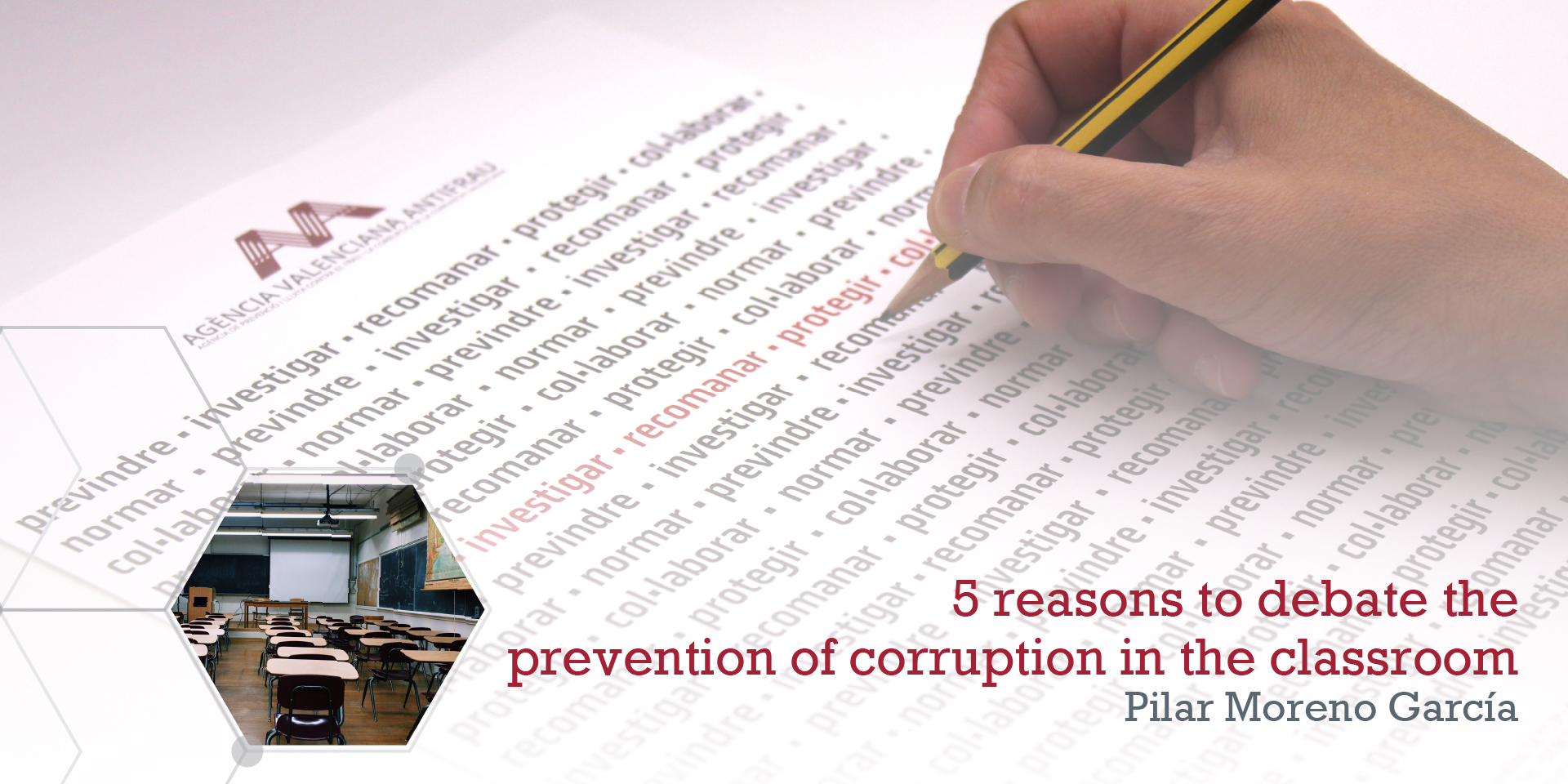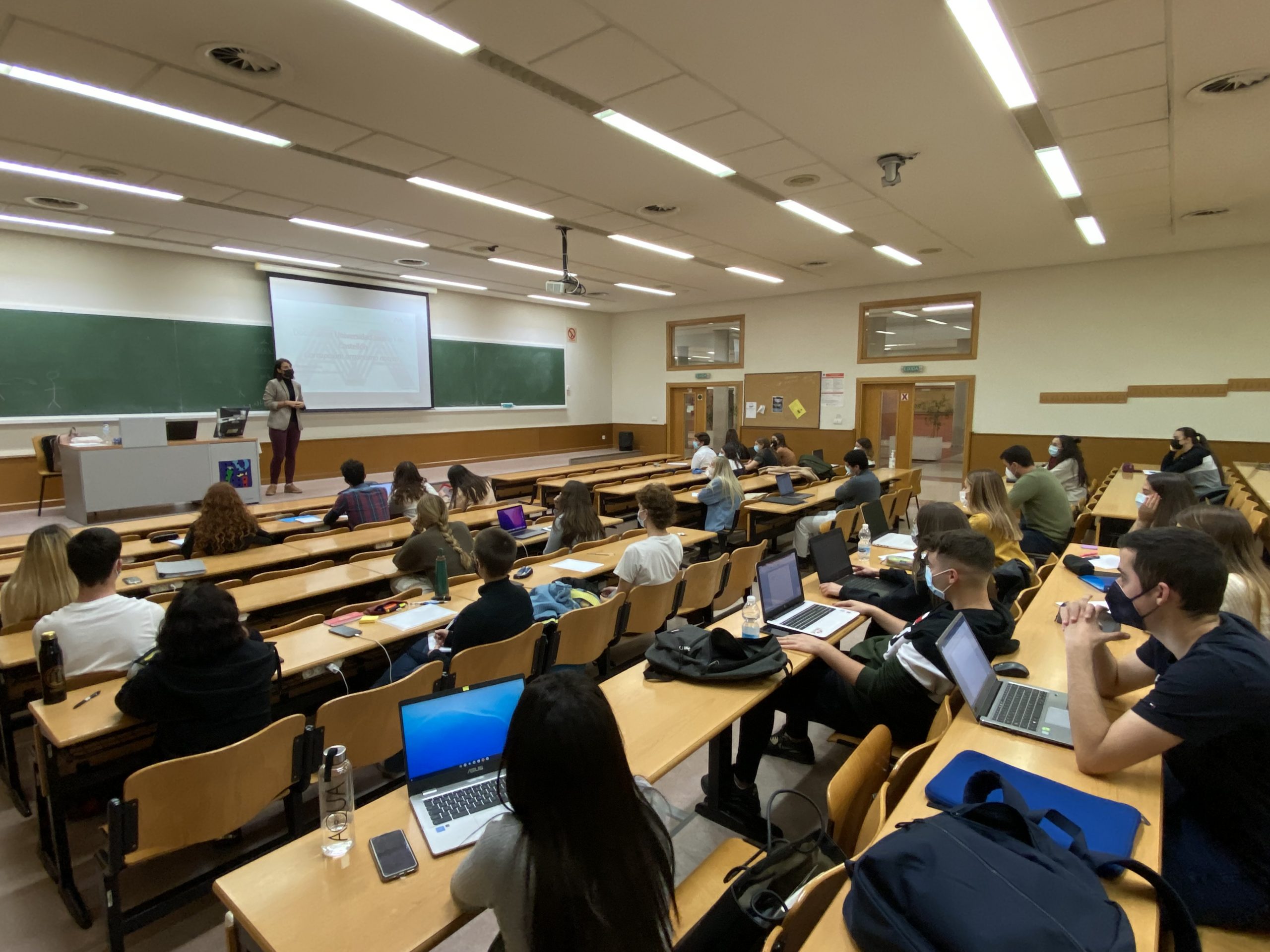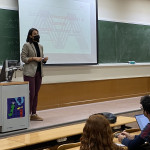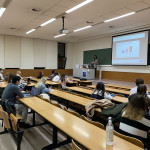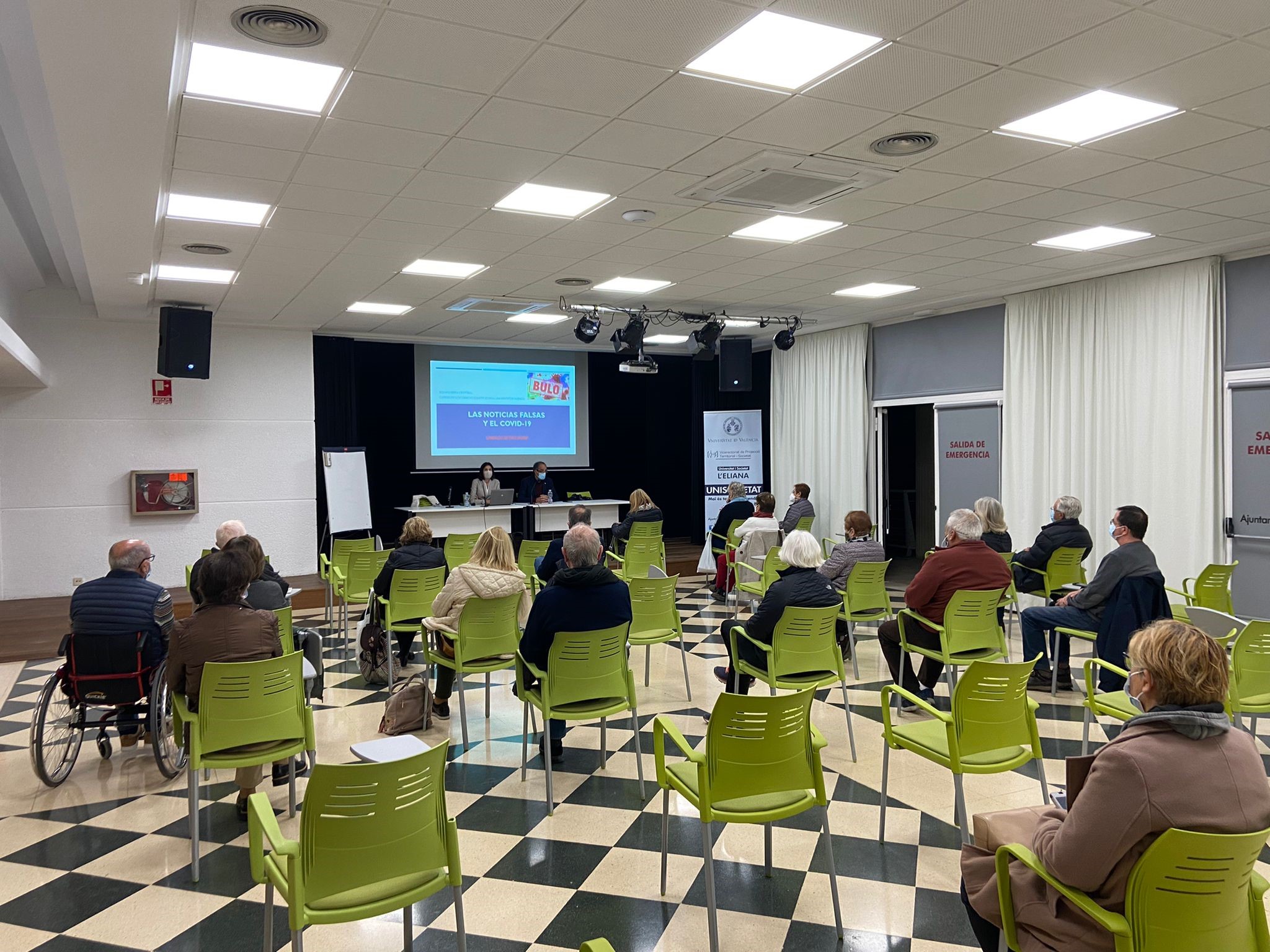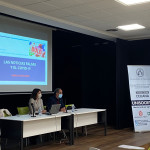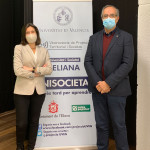5 reasons to debate the prevention of corruption in the classroom
Corruption: harmful organism the documentary, produced by Pandora Box TV, has been seen by more than 1,200 male and female university students through the docu-forum activity of the Training Service of the Valencian Anti-Fraud Agency (AVAF).
The debate on corruption in our society and its effects, as well as the damaging costs that it entails for collective interests, was incorporated into the classrooms of Valencian universities in 2019.
The need for a culture of fraud prevention and rejection of corruption goes through promoting the need for a demanding civic ethic among all citizens and, significantly, among the younger generations who are in universities and institutes.
This documentary, made thanks to crowdfunding, exposes the testimonies of whistleblowers of the so-called “proximity corruption” and has the subsequent colloquium in which representatives of the AVAF, academics and judges who deal with the institutional initiatives carried out in recent years to improve the fight against corruption.
The main characteristics of the first ones of the docu-forum were to hold large face-to-face lectures, with more than 130 students participating in a single docu-forum.
The pandemic forced the reconversion of the format, opting for videoconferences, still designed with the logic of conference-debate with a large number of students following the training activity, in some cases reaching almost 200 attendees to a single document forum.
At present, after 19 docu-forum activities held, the video-conference-questions format has been overcome and the activity has three phases (viewing of the documentary Corruption: harmful organism, preparation of questions by the students and subsequent meeting-debate with the students). students), with the intention of achieving a learning experience closer to the students, where their doubts and questions are the basis and common thread of the intervention of the AVAF staff in the university classroom.
Throughout these last 3 years, there have been many benefits of the celebration of the docu-forum activity in the university students. So we identified 5 reasons why the document-forum learning experience in the classroom is positive:
- Approach and publicize the Valencian Anti-Fraud Agency, its objectives and functions.
The Valencian Anti-Fraud Agency is a public entity, created by Law 11/2016, with only a few years of existence, of whose knowledge many young people are still not aware.
It has its own legal personality and full capacity to act. Independent from the rest of the public administrations, impartial and neutral. The AVAF is attached to Les Corts, which appoints its Director.
The Agency’s objectives are to prevent and eradicate fraud and corruption. Promote integrity and public ethics in public institutions, as well as the promotion of a culture of good practices and the rejection of fraud and corruption.
Analysis, investigation, whistleblower protection together with prevention, training and documentation are the functions carried out by the AVAF in the field of the fight against corruption.
The AVAF pays special attention to the protection of complainants and this is one of the issues that arouses the greatest interest among university students in the document-forum sessions.
- Generate debate in the classroom.
Faced with the disconnection between public administration and citizens, this gap being the most significant with youth, the presence in the classroom of an institution such as the AVAF, aims to contribute to a rapprochement and humanization of public administration.
In the docu-forum activities, the students openly raise their concerns about the effects and costs of corruption, the independence necessary to prosecute this scourge, and the necessary protection for whistleblowers who report risks in public institutions.
Corruption blocks the progress of society, diminishes the capacity of the State and affects citizens’ access to essential services such as health and education.
- Convey to students the need for their active role against corruption.
Corruption: harmful organism aims to transfer to the classroom the relevant role that citizens have to play as a barrier to the risks of corruption that may arise in society.
The transition from passive citizen to activist citizen involves asking questions: How does corruption affect me? What can I do to reduce corruption? It is the first step to generate co-responsibility in the fight against a blight that undermines the credibility of the public administration and society.
Become aware that it is a citizen’s duty to demand regulatory compliance and implement institutional integrity in public bodies, as well as to make visible the risks of corruption in social networks as means of dissemination within the reach of citizens.
The docu-forum experience in the classroom, aims to make visible the relevance of youth in defending the rights and responsibilities of all against corruption and the speaker in which they can become active members of society.
- Create awareness of the existence of various types of corruption.
In the docu-forum, the question about what is understood by corruption and where it is most present is recurrent.
Corruption of proximity or long-range, episodic or systemic. Bribery, gratuities or tampering with evidence. The risks and alerts of activities contrary to the general interest are manifested in a multitude of ways and with different scopes. But all of them always lead to the loss of the rule of law and well-being and to the lack of understanding of the citizens for the work of public organizations.
Not only should it be attended to alerts about corruption but also to focus on fraud, administrative irregularities and behaviors constituting an administrative or disciplinary offense, as well as reprehensible behaviors and activities, contrary to efficiency, integrity, public ethics and good governance. , as they can be superfluous or unnecessary expenses.
Risks of corruption are not only present in political or economic organizations, but alerts can occur in the institutions closest to the citizenry and young people must be aware of the existence of a culture that sometimes accepts reprehensible practices as a threat. normalized performance and youth can also be erected as a barrier against fraudulent actions.
- Exchange of experiences.
The possibility of having the presence of the technical staff of the AVAF to interact with the students about the importance of prevention and the necessary generation of a culture of rejection of behaviors that can lead to fraud is a positive practice for the debate in the classroom. It involves showing a reality of which the students may not be fully aware of the implications and negative effects that corruption produces on society as a whole
At the same time, it also supposes an exchange of experiences and visions, since it allows knowing the corruption alerts from the perspective of the youngest, their concerns and appreciations on the subject.
From the docu-forum activity, from this exchange of experiences, a rich debate and reflection arises in the classroom that aims to go beyond the mere duration of the class.
Going further, that the documentary training activity becomes an authentic learning experience for the students is the objective and victory, when the debate on the importance of the fight against corruption penetrates the training classrooms and permeates the conversations of the students. university students and reaches the hallways, cafeteria and each of the young people’s families.
“Corruption: harmful organism”, the documentary that has been present in classrooms of all the public universities of the Valencian Community, as well as in the CEU Cardenal Herrera University, wishes to make the leap to high school and high school classrooms in 2022.
Why there is much to do #NoToCorruption #NoALaCorrupcion # UnidosContralaCorrupción
PS: If you are a university, Secondary or Baccalaureate teacher (or you know one) and you are interested in the Docufórum: Corruption, harmful organism training activity being carried out in your subject, do not hesitate to contact the Training Service of the Valencian Anti-Fraud Agency through formacion@antifraucv.es
Pilar Moreno García
Training Technician
Valencian Anti-Fraud Agency


